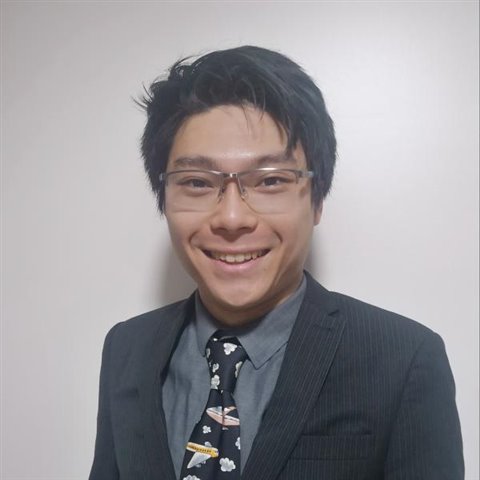A rising star of Engineering’s future is engineering the engineers of the future
 We often forget that ‘Jack of all trades but master of none’ continues, ‘but oftentimes better than a master of one.’ Yun Hang Cho exemplifies this within engineering, although he wouldn’t tell you himself. One look at his history and we see what this really means.
We often forget that ‘Jack of all trades but master of none’ continues, ‘but oftentimes better than a master of one.’ Yun Hang Cho exemplifies this within engineering, although he wouldn’t tell you himself. One look at his history and we see what this really means.
His background is in mechanical engineering, and he is currently a research engineer at the University of Sheffield’s Advanced Manufacturing Research Centre. Yun also kicked off the Sheffield Space Initiative which creates opportunities for hundreds of aspiring Engineers/Scientists to work on real hands-on space projects with NASA, DLR, ESA, among others.
He loves to work across different fields, something that drew him to the Institution of Engineering and Technology (IET), where he serves on the Satellite Technical Committee and as the Chair of the Aerospace Young Professionals Technical Network.
He told me, “Of course, the IET being the most multidisciplinary of all the different professional engineering institutions, that was a good thing for me because my background was originally mechanical, but I then did a lot of electronics/programming, and I was doing a lot in space, which is obviously very multidisciplinary.”
He took part in an IET 'Present Around the World' competition, “You get 10 minutes to show something interesting and share it with the audience. So, I talked about the projects that I did in the past. From the success of that, I got more involved with the local communities within the IET.”
“And the IET was a really good platform for me to meet new people and grow. That's how I became involved with the Satellite Technical Network, with the Aerospace Technical Network and now as the chair of the Aerospace Young Professionals Technical Network. “
This is clearly a passion project.
“We try to do things the main technical network doesn't do…early careers, professional advice, helping towards chartership or looking at some more hands on activities such as organising online flight simulators. I think a lot of us wanted to be pilots, or wanted to fly at some point, and a lot of us couldn't or didn't. A lot of the people who join our group are recent graduates and coming out of COVID, they'll have done a viva (final thesis presentation), they'll have written a thesis, but probably only two or three people have heard their viva, so maybe they didn't really get a chance to improve their presentation skills, get feedback or share their technical knowledge more widely. I want to create events that give them a platform to share their work and receive some feedback, I've seen some of their work and it's really interesting. It's not just about bringing in super famous people and giving talks, it's also about letting the new generation give some talks, get some feedback, and improve, so they can become the really famous and high-ranking people in industry.”
For Yun Hang Cho, the sky is probably not the limit. The many things he has done all fold back on each other, an experimental and numerical hydraulics PhD and his work with NASA balloons allowed him to collaborate on realistic space mission studies to the moons of Saturn, which also fuels his interest in science, technology, and robotics. He is equally driven by the importance of drawing in young engineers and helping to develop their talents and confidence. Yun clearly wants to engineer the next generation of engineers.
What more can we do to bring new talent into Engineering? Should we be looking not just to young people, but to people looking to make a career switch? How does multidisciplinary working affect or help your work? What do you think? Let us know in the comments below…

-

Deborah-Claire McKenzie
-
Cancel
-
Vote Up
0
Vote Down
-
-
Sign in to reply
-
More
-
Cancel
Comment-

Deborah-Claire McKenzie
-
Cancel
-
Vote Up
0
Vote Down
-
-
Sign in to reply
-
More
-
Cancel
Children